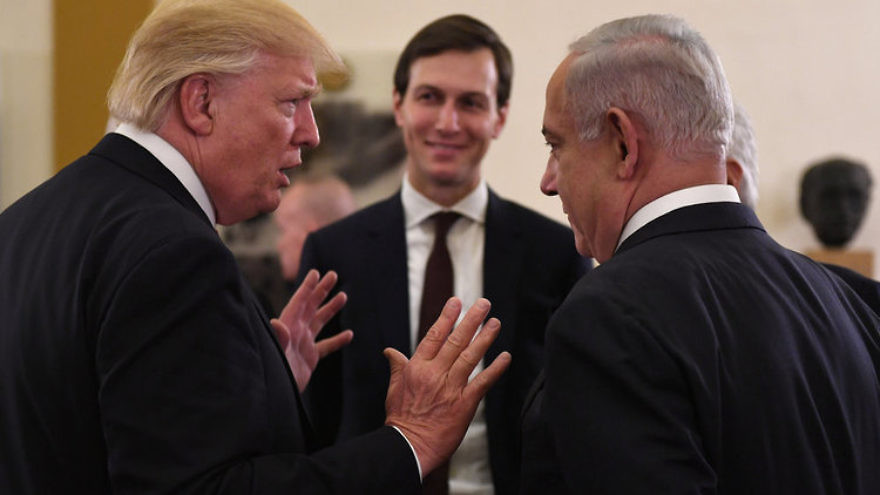The Trump administration rolled out a new, fresh and bold Middle East vision at the “Peace to Prosperity” conference in Bahrain last month. The plan, which is estimated to cost $50 billion, is logical and rational, with numerous good economic, educational, healthcare and governance ideas in it.
Unfortunately the Middle East is anything but rational, and even the Arab states are voicing great concern regarding the plan; the Palestinian Authority instantly rejected it.
Because the political aspects of the plan are inter-related but controversial, they will be discussed in the near future.
In response to the P.A.’s refusal to even attend the Bahrain conference, Kushner clearly articulated his and President Donald Trump’s grave disappointment, and encouraged them to rethink their stance:
“The door is always open for the Palestinian leadership. If they stop saying crazy things and engage, they will see there is an opportunity here. We respect [P.A.] President [Mahmoud] Abbas and we believe he wants to make peace, and we want to give him the opportunity to try and do it.”
Unfortunately, there are numerous downsides to the plan:
1) Gaza and the P.A. are totally separate mini-enclaves. Each is governed by an illegitimate government—the religious terrorist organization Hamas in Gaza and the more secular, quasi-terrorist P.A. in about 40 percent of the West Bank. (P.A. president Abbas recently admitted, on record, that all anti-Israel terrorism is sponsored and funded by the P.A.).
There is no chance that these two illegitimate governments (Hamas was elected in 2005, and has not faced an election since; Abbas is now in the 14th year of a four-year term) will work together.
2) The enemy states surrounding Israel are determined to upset and interfere with this new economic plan, and any future political plan.
3) Nations in the region that are declared or de facto enemies of America will do their best to thwart plans for reconciliation between Israel and its neighbors. And no amount of money thrown at this problem will have a chance of achieving peace until this is openly addressed, acknowledged and resolved.
The Trump administration is essentially offering a type of Marshall Plan for the Middle East. For those unfamiliar with the Marshall Plan, the United States helped to rebuild Germany and Japan—nations that had declared war on it—after they had been defeated in World War II, surrendered unconditionally and their war-making ability had been utterly destroyed.
In the Middle East, too, a plan such as the Trump administration now proposes can only work after the belligerent actors in the region—primarily the P.A., the Muslim Brotherhood, and the mullahs in Iran—either declare (and prove) that they will stop waging war, or are rendered incapable of continuing to wage war.
All people of good will hope they choose the former option. But with Iran on the cusp of getting the nuclear weapons it claims it will use to destroy both Israel (“The Little Satan”) and the United States (“The Great Satan”), and its and the Muslim Brotherhood’s worldwide terror organizations growing by the day, time is running out. The United States and its allies are daily being left with fewer and fewer options to achieve a peaceful resolution to the Middle East conflicts, and the threat they pose to the civilized world.
This approach may not prove popular in the salons of Europe or Washington, D.C., but this is the only way forward that has a chance of leading to actual, sustainable peace in the Middle East.
Ken Abramowitz is chairman of Citizens for National Security.


























